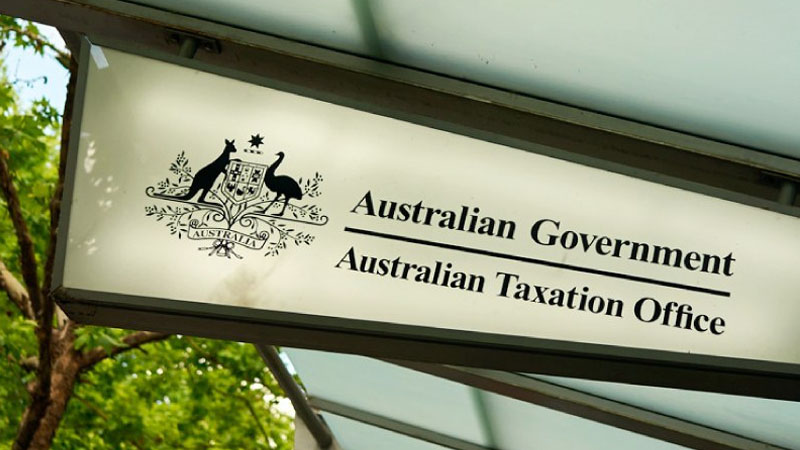ATO sheds further light on ‘routine and mechanical’ services
The ATO has made clear if an SMSF client has recurring transactions or simple investments on data feeds, this is not enough for the client to be classified as routine and mechanical under the restructured auditor independence standards.
Earlier this year, the Accounting Professional & Ethical Standards Board, in collaboration with the accounting bodies, published a new independence guide which incorporates changes to the restructured APES 110 Code of Ethics for Professional Accountants.
The independence guide makes it clear that an auditor cannot audit an SMSF where the auditor, their staff or firm has prepared the financial statements unless it is a routine or mechanical service.
In a recent CPA podcast, ATO director Kellie Grant explained in order to meet this definition of “routine and mechanical”, the SMSF trustee would need to show that they created all the fund transactions and provided a trial balance to their fund, administrated by them and uploaded into their system.
“Any financial statements produced would be based on those trial balance figures by the trustee. So, clearly [in that situation] the accountant has made no judgement as to how certain items should be classified in the fund’s accounts,” Ms Grant stated.
“We really don’t think there would be many trustees with the skills and knowledge to take on the responsibility of the financial statements in this way.”
Ms Grant said that some in the industry have argued that financial statements prepared on the basis of recurring transactions such as data feeds can meet the routine and mechanical requirement.
“They’ve argued that no judgement is required by the accountant when preparing the accounts using those data feeds,” she noted.
“Others have also argued that if the fund has simple investments such as listed shares and cash, then the account would surely be routine or mechanical.”
Ms Grant stressed that just because the fund is mainly invested in assets that are on data feeds through SMSF-specific software or have simple investments, the trustee still needs to show they’ve taken on the responsibility for those financial statements by pre-approving every single fund transaction and the appropriate account classification for that transaction, rather than to approve them after the fact.
“We also often find that the firm was responsible for setting up the accounting software which classifies the transactions from the data feeds, and of course, we all know that mistakes can be made with those data feeds which normally the firm takes responsibility for rather than the trustee,” she added.
It is often the case, she said, that SMSF administration firms that prepare the accounts for funds, even if it’s through data feeds, are still in fact making decisions on behalf of the funds, such as developing certain tax strategies or helping with fund compliance.
“For example, those types of firms may advise on how a trustee can maximise their concessional or non-concessional contribution limits or they might advise on when is the best time for the trustee to commence a pension. They might also develop structures and strategies for trustees to make investments in unrelated or related parties in order to avoid breaches of certain rules,” she explained.

Miranda Brownlee
Miranda Brownlee is the deputy editor of SMSF Adviser, which is the leading source of news, strategy and educational content for professionals working in the SMSF sector.
Since joining the team in 2014, Miranda has been responsible for breaking some of the biggest superannuation stories in Australia, and has reported extensively on technical strategy and legislative updates.
Miranda also has broad business and financial services reporting experience, having written for titles including Investor Daily, ifa and Accountants Daily.








